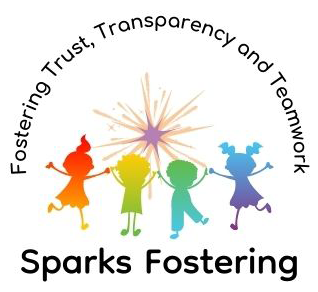The difference between fostering and adoption
The fundamental difference between adoption and fostering is that adopters are granted parental responsibility of the child by the courts, whereas foster carers do not have parental responsibility. Adopters have the same legal rights and responsibilities as birth parents – this means that adopters can change the child’s surname, take their children on holiday and/or agree to non-emergency medical procedures for the child. Foster carers do not have the legal right to those actions, but they may request appropriate permissions (e.g. to take the child on holiday) from those who hold parental responsibility. For some children in foster care the parental responsibility resides with the parents (or guardians), and for other children the parental responsibility is shared between the parents/guardians and the local authority (so the local authority can give consent).
Children who are adopted are expected to remain with the adoptive family permanently, in the same way a birth child would. The adopted child may be aware of and continue to have contact with their birth family, but this shouldn’t affect the nature of their relationship with their adoptive parents.
Children who enter foster care may do so for one night, or potentially the fostering arrangement may not formally end until the child is 25 years old (if the child attends further education). When the child enters the fostering home it’s likely that the child/ren and foster parent/s are practically strangers to each other. The first days in the fostering home have to be managed very carefully and sensitively so that the child/ren and foster parent/s can develop a trusting relationship and grow to like each other as they become familiar with each other. The longer the child lives in the home, the stronger we expect the relationship to be between the child looked after and the foster carer/s. Sparks Fostering supports foster carers to encourage the child/ren to build healthy relationships with their birth family (when it is safe and appropriate to do so) whilst also working to build trusting, caring and healthy relationships with the foster carers.







